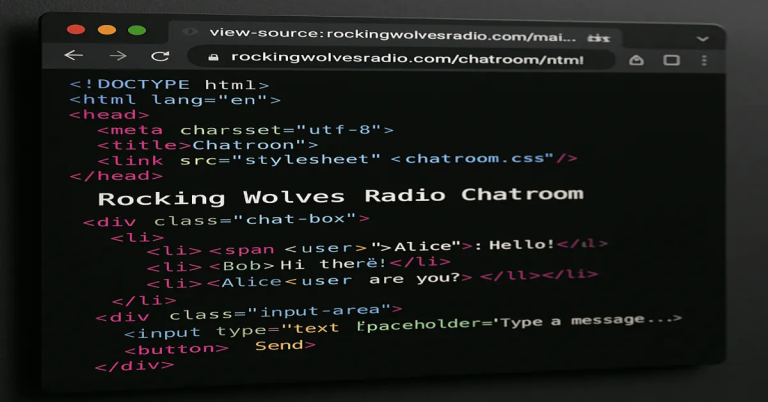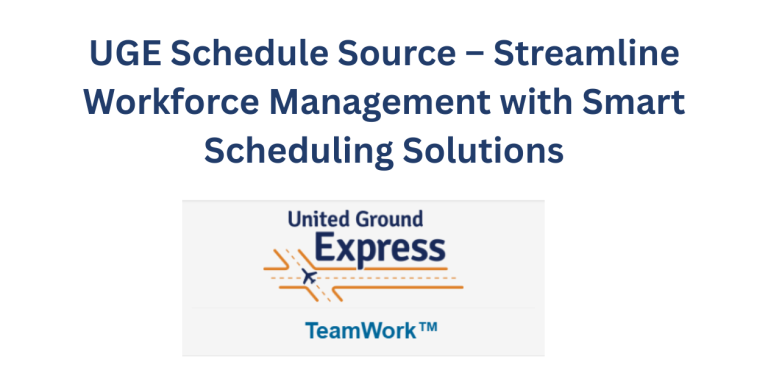Google phases out support for the noarchive meta tag following the end of its cached page feature.
Highlights
– Google removed ‘noarchive’ documentation.
– The cache: search operator is no longer functional.
– It’s not necessary to remove noarchive tags.
Google has recently chosen to stop supporting the no-archive meta tag, a long-standing tool in SEO. This decision comes after the removal of the cached page feature. According to Google’s Search Central documentation, the no-archive tag is now categorized under historical references, indicating it is no longer active.
This update may impact website owners, SEO experts, and marketers relying on this meta tag for search engine content management. Let’s explore its implications and how businesses can adapt.
The Noarchive Meta Tag: A Brief Overview
For years, the noarchive meta tag has been essential for website owners and SEO experts. By implementing this tag, they could prevent search engines from saving cached versions of their pages. Cached pages serve as stored snapshots, enabling users to view a site even when it’s temporarily unavailable. This was especially beneficial for those wanting to keep their content up-to-date or restrict access to older versions. The noarchive tag stopped Google from showing cached links in search results, allowing businesses to manage their online presence effectively.

Why Did Google Phase Out the Noarchive Tag?
Google’s choice to phase out the noarchive meta tag is part of a larger trend of eliminating outdated features that are no longer deemed necessary in today’s web landscape. One significant reason is the advancements in web technology over the years. Faster loading times, more dependable servers, and sophisticated content delivery networks (CDNs) have diminished the need for Google’s cached pages.
Implications for SEO and Website Owners
Website owners may wonder how to manage their content’s archiving after the noarchive tag is removed. Google states that there’s no need to delete this meta tag, as it no longer impacts search results. Other search engines may still take it into account, so removal isn’t critical. This highlights the ever-changing landscape of SEO, where previously vital elements can lose their significance.SEO strategies must evolve alongside Google’s shifting focus and new tools.
Alternatives to the Noarchive Tag for Managing Archiving
Website owners can still prevent their pages from being archived, despite the noarchive meta tag losing its original function with Google, particularly concerning the Internet Archive’s Wayback Machine.
Here are some methods to manage archiving in the Wayback Machine:
Robots.txt File: You can block the Wayback Machine from crawling and archiving your website by adding directives to your robots.txt file. For instance, including the following will disallow the Wayback Machine’s crawler:
makefileCopy codeUser-agent: ia_archiver
Disallow: /
Direct Request to Internet Archive: Website owners can directly request the Internet Archive to remove specific pages or domains from the Wayback Machine. This process involves contacting the organization and providing specific URLs that you want to be excluded from their archive.
Password Protection: Another effective way to prevent archiving is to place your website’s content behind a login wall. Password-protected content is not typically indexed or archived by search engines or archiving tools like the Wayback Machine.
The Shift to the Wayback Machine: What to Expect
Google has replaced its old cached page feature with links to the Internet Archive’s Wayback Machine in the “About this page” section. This enables users to access previous versions of web pages from the extensive web archive that dates back to the 1990s.
Users looking for historical website snapshots can still access archived content, but not via Google’s cache. They will be redirected to the Wayback Machine, which functions independently and has its own archiving guidelines.
Conclusion: Adapting to Google’s Phasing Out of Legacy Features
As search engines like Google progress, outdated features are frequently substituted with new ones that better fit the current web landscape.
The elimination of the noarchive meta tag and cached pages underscores this shift. Website owners and SEO professionals need to keep abreast of the latest search engine updates.
While the absence of the noarchive tag might seem like a disadvantage for content management, tools like the Wayback Machine and other archiving options offer viable alternatives. In the ever-evolving SEO landscape, adapting to these changes is crucial for maintaining a robust online presence and ensuring your content remains accessible and secure on your own terms.




